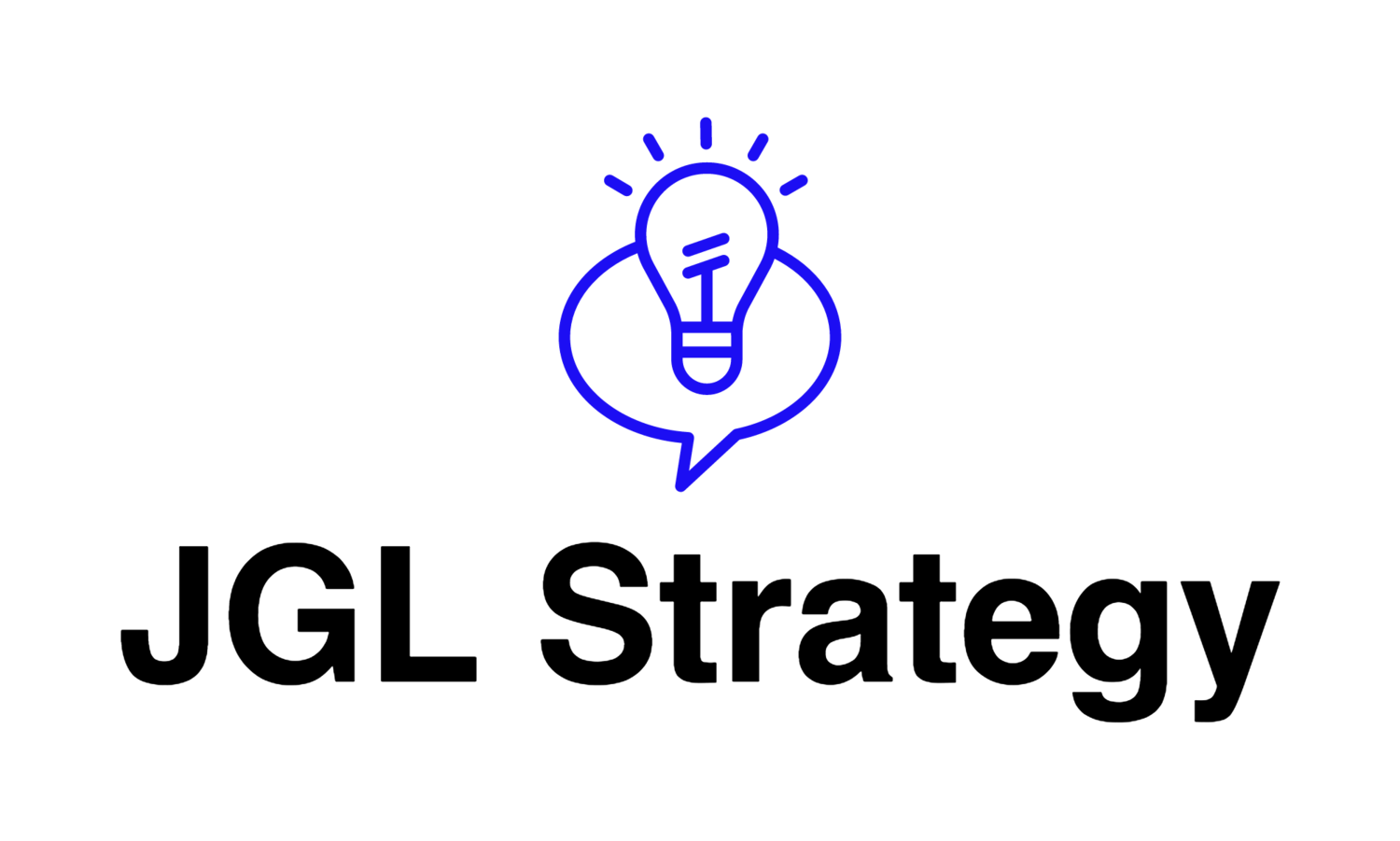Ego, Ownership, and Learning
What is the first business of one who practices philosophy? To get rid of self-conceit. For it is impossible for anyone to begin to learn that which he thinks he already knows. - Epictetus
We all have blind spots. Whether we discover them through introspection or have others enlighten us we need to acknowledge our previous deficiency - to take personal ownership of our gaps in knowledge and understanding - and learn from it. This humility is a prerequisite to personal growth. If we think we have nothing more to learn, then we won’t learn.
For example, last week I had the opportunity to speak with a class of graduate students at the Mandel School of Applied Social Sciences at Case Western Reserve University. The topic was organizational culture.
Among the observations on culture I shared with the students was that diversity is key to innovation. Not only is diversity (ethnic diversity, diversity of ideas, diversity of experiences, etc) integral to innovation, it intersects with almost everything we do in our personal and professional lives: who we hang out with; who we hire/promote; who we choose to read or listen to; who we seek counsel from; and so on. If we are not intentionally seeking out different voices and different ideas we are limiting our own learning and the potential for innovation within our organizations. In this day and age you might as well pack up shop if you’re not demonstrably valuing diversity because any competitive advantage your organization may have will quickly stagnate.
A few hours before the class I was struck by a startling realization: all the authors/researchers I cited as topical resources were white. I was embarrassed but glad that I at least had the realization. It would have been far better to have known this earlier - to have been able to diversify my own reading list, which is an essential learning complement to my firsthand experience consulting and advising a variety of organizations - to prevent this uncomfortable experience in the first place. But better before the class than after.
Why?
I owned up to this blind spot during the discussion with the class; I admitted the performative contradiction of extolling the importance of diversity within organizations and teams while at the same time citing a slate of excellent yet nonetheless ethnically homogenous authors. The students and the professor were thoughtful interlocutors as I went on this tangent about the need to admit and learn from our own shortcomings. Meaningful dialogue ensued about the implications on an organizational level (particularly with regard to communications and talent management) and I challenged the class to seek out non-white, non-Western authors on organizational culture and to share them with me.
By letting go of my ego and admitting this blind spot I was able to deepen my personal learning journey and leverage this realization as a teachable moment. I urge us all to not fear admitting when we are wrong; when we do not know; when we realize we have been operating under the influence of a blind spot, an unconscious bias, or an echo chamber. To paraphrase some classical but timeless wisdom: if we cannot admit our imperfect knowledge, we cannot learn.
(PS) If there’s are any non-white, non-Western experts on organizational culture or strategy who you think I should look into, please leave those names in the comments section below. Thanks!
